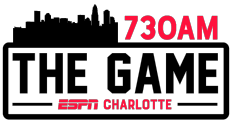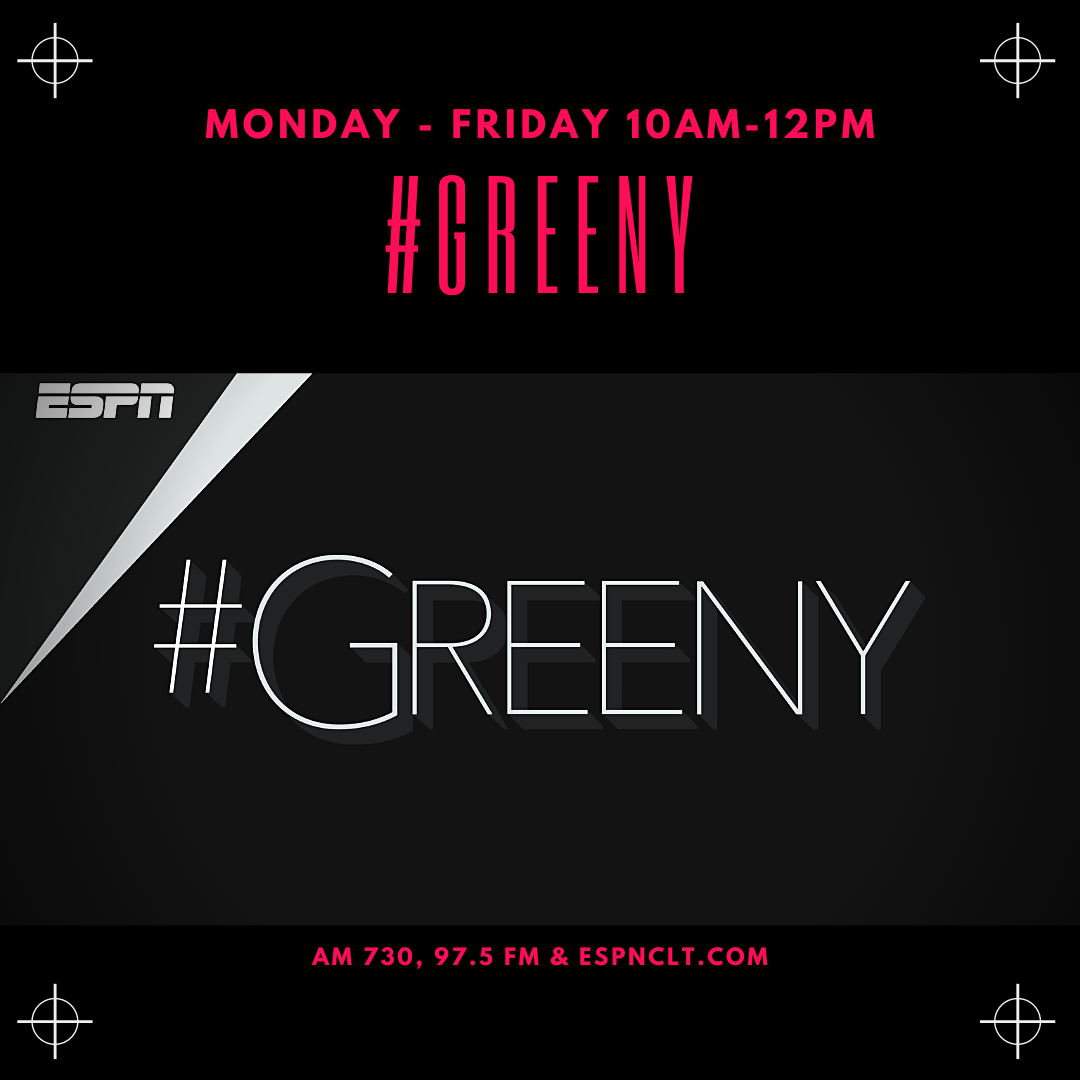The Falcons find themselves in simmering water. After three arduous months of investigation, the NFL has finally come to a decision on the free agent tampering cases involving the Philadelphia Eagles and Atlanta Falcons.
The league announced Monday that its investigation found the Eagles did not have contact with then-free agent running back Saquon Barkley during the 52-hour legal tampering period prior to the kick off of free agency, during which teams can only communicate with agents and not directly with players. After combing over text messages, emails and other documents related to the signing, and interviewing Barkley, GM Howie Roseman, head coach Nick Sirianni and Penn State head coach James Franklin, the NFL found no evidence the team had violated the anti-tampering policy. However, the league reserves the right to reopen the investigation, without prejudice, if new evidence emerges.
The Falcons, however, were not as fortunate. The league found they had improper contact with multiple players, signal caller Kirk Cousins, wide receiver Darnell Mooney and tight end Charlie Woerner during the 52-hour legal tampering period. Atlanta will be forced to surrender its 2025 fifth-round pick and pay a team fine of $250,000, while general manager Terry Fontenot will pay a fine of $50,000.
Embed from Getty ImagesThese situations of possible illegal contact came to the forefront in the days after each player signed their contract. The NFL began their investigation into the Eagles after Franklin, Barkley’s former coach at Penn State, commented on a conversation he had with Barkley about the signing. According to Franklin, Barkley told him Penn State was part of GM Howie Roseman’s pitch, implying that Barkley heard the pitch first-hand. Here is Franklin’s exact quote:
“For him now to come back and be able to play within the state in Philadelphia, [Barkley] said that was one of the first things that Howie [Roseman] said to him on the phone as part of his sales pitch to him,” Franklin said.
“Not only the Philadelphia Eagles but obviously the connection with Penn State and the fan bases as well.”
Franklin later said the comment was taken out of context, and Barkley attempted to clarify what his former coach had said.
“Coach Franklin, I think, kind of misinterpreted,” Barkley explained. “The truth was the sales pitch to Penn State, how many Penn State fans are Philadelphia Eagles fans. But that was through my agent and my agent told me that. It happens. I’m going to let Philly handle that.”
It turns out that Barkley, Franklin and the Eagles were being 100% transparent and telling the truth.
In an unusual turn of events for the Falcons, their tampering investigation was triggered by Cousins himself. He put his foot in his mouth by essentially admitting during his introductory media conference that he personally had contact with Falcons staff members before free agency officially began, including director of player personnel Ryan Pace and the team’s head athletic trainer.
“There’s great people here,” Cousins said. “And it’s not just the football team. I mean, I’m looking at the support staff. Meeting — calling, yesterday, our head athletic trainer, talking to our head of PR, I’m thinking we’ve got good people here. And that’s exciting to be a part of.”
Cousins later tried to rein in his comments and attempted to brush off any implications of tampering, despite the fact that he was the one who prompted the NFL’s investigation.
“The league’s still kind of going through that,” Cousins said. “So, I’ll let them do it. But there’s not a whole lot there.”
The NFL felt otherwise and that there was in fact “a whole lot there”, not just with Cousins, but with two other free agents, Mooney and Woerner. While no details were made public about the Falcons’ contact with Mooney and Woerner, their addition to the Falcons’ illegal contact list causes one variable of their discipline to stick out like a sore thumb: if the organization had forbidden contact with a trio of free agents, why are they forfeiting just one late-round pick and paying a relatively small fine?
NFL Network’s Tom Pelissero cleared that up.
“The violations were found to have occurred ‘during’ the two-day negotiating window, not before it opened, e.g. talking to players about flights after they’d (legally) agreed to terms,” Pelissero wrote on social media. “Hence, less discipline than in some other cases.”


